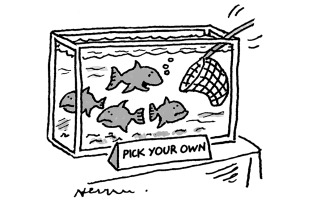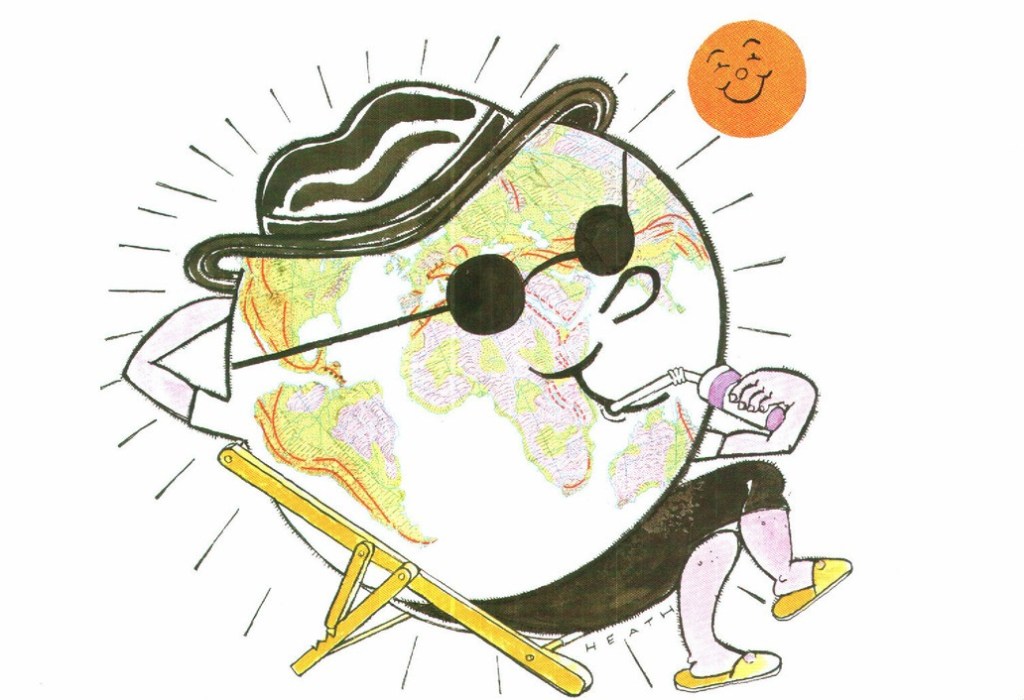Chris Stapleton is a barrel-chested man of 46, who hides his face beneath a beard that must have taken years to grow, hair that tumbles down past his shoulders and a hat that could probably accommodate rather more than ten gallons. He sings songs about being imperfect, with a band behind him making a sound that one might have heard in 1972. He is so purely, absolutely and definitely American he might as well have petrol for blood and ‘The Star-Spangled Banner’ on a permanent loop in his head.
Stapleton is so purely, absolutely and definitely American he might as well have petrol for blood
Still, 40,000 people came to the O2 over two nights in London, and not just 40,000 people who remembered 1972 first time round – young couples, girls dressed up in pink cowboy hats, tattooed lads. Even in these confusing times when country music has become cool in the UK – something I wrote about in these pages earlier this year – it came as a surprise to see the make-up of the crowd for this show, one entirely free of big production, with none of the strange genre crossovers into modern forms that have made stars of other country singers.
At one level, Stapleton’s success is very easy to explain. Over the course of more than two hours on stage – with minimal audience interaction, and no showmanship – he played an awful lot of very, very good songs. And he has a voice so wonderful you could bathe in it: rich and deep and smoky and warm and compassionate. He’s not a twangy country singer in the Appalachian style – nasal and keening – he’s more of a soul singer who happened to have been born into country.
Stapleton is fascinating because he provides a bridge between both the trad- and modern-country camps. Though he does not embrace showbiz country, he is also far from a hidebound, Sealed Knot-style revivalist. For every echt country song, like ‘Hard Livin’’ or ‘Nobody to Blame’, there would be something that sounded more akin to the Southern rock of Lynyrd Skynyrd, such as ‘Second One to Know’ or ‘Arkansas’, or a deep soul ballad like ‘I Was Wrong’, or slick MOR like ‘You Should Probably Leave’. But the traditionalists love him, in a way they don’t some of the other country superstars.
Perhaps that’s because Stapleton, while stretching the boundaries of country, stays well within the parameters of the music of the American south over the past 60 or so years, and doesn’t try to make himself sound like the exact present. Pedal steel and Hammond organ anchored the sound in tradition rather than fashion. If he didn’t have the beard and the hat – and the superstardom and Nashville songwriting background – he’d probably be labelled ‘Americana’, the term applied to music that draws on different traditions of American roots music and eschews the embrace of, say, hip-hop or contemporary pop.
It’s worth considering, too, the role of someone whose name never appears in the headlines: Stapleton’s long-time producer Dave Cobb. Cobb’s career is pretty much a roll call of the most interesting people in American roots music, a great many of whom have become hugely successful by working with him. Alongside Stapleton, there’s Jason Isbell, Sturgill Simpson, Amanda Shires, Zac Brown Band, Colter Wall and Brandi Carlile. He is such a guarantee of quality that people with nothing to do with country – Barry Gibb, Slash out of Guns N’ Roses, Zayn Malik from One Direction – have used him to produce albums.
That’s not to suggest Stapleton isn’t in charge of his own career, but good producers don’t just twiddle knobs in the studio: they help shape songs and arrangements, suggest improvements and alternatives. Clearly there was an alchemy in the partnership, and perhaps Stapleton’s years as a songwriter for hire gave him a willingness to know other voices are worth listening to.

If that makes it sound as though this was a show of merely academic interest, it wasn’t. It was magnificent: perfectly paced, wonderfully musical, ebbing and flowing like a movie or a novel rather than a gig. A show of more than two hours can be wearing if you don’t know the songs intimately, but this didn’t drag for a second, because the songs overflowed with hooks and melodies, their construction so perfect it was hard to decide if it was a feat of engineering or artistry.
By the end of the show, couples were slow dancing in the aisles, and the young man next to me was plying me with drinks just because he wanted to share his pleasure in the evening, and still the quality of the songs continued unabated. Next time Stapleton visits, get a ticket. If you have any love for American music, you won’t regret it.








Comments